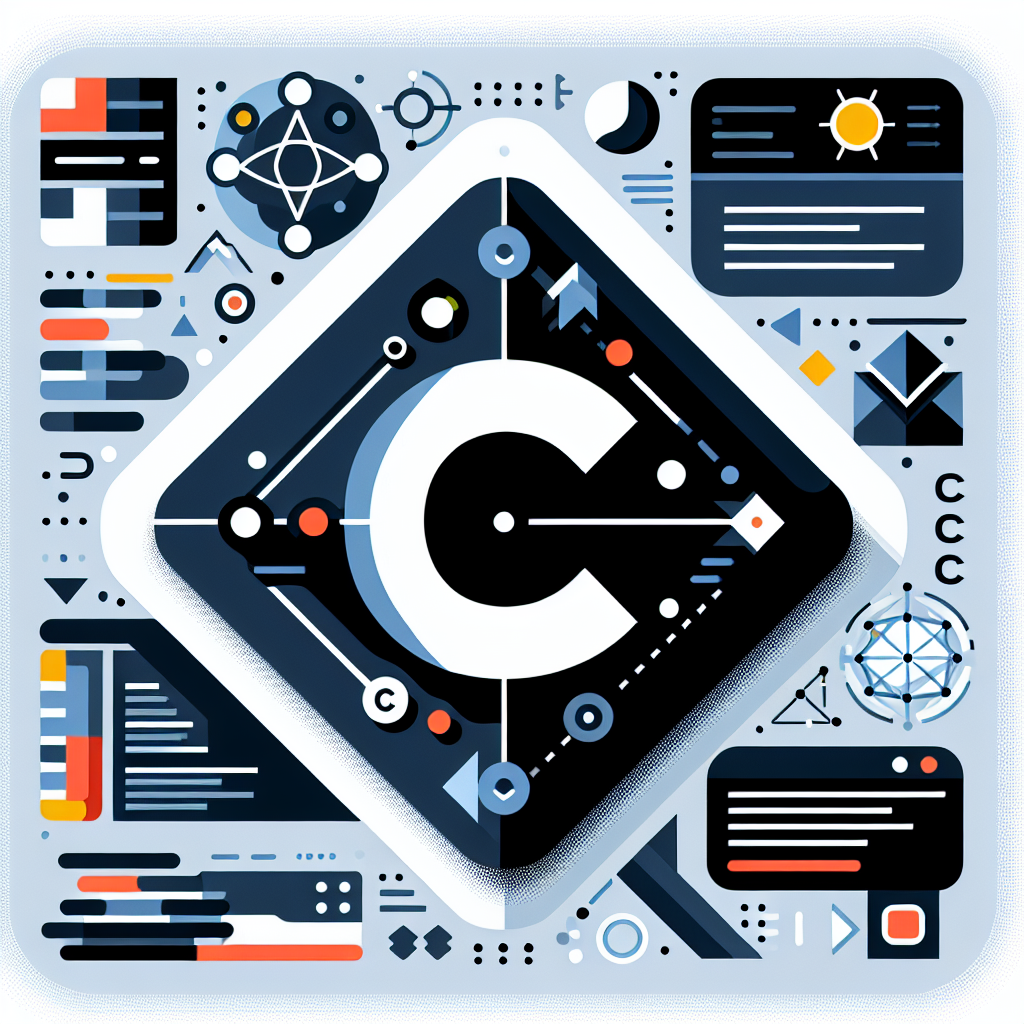Effortless Java to C Conversion Tool - Fast & Accurate
Effortlessly convert Java code to C with our powerful tool. Boost productivity and streamline coding. Perfect for developers seeking seamless language transition.
Source Code
Converted Code
Output will appear here...
Java to C Converter is a powerful tool designed to seamlessly translate Java code into C, enhancing performance and cross-platform compatibility. Ideal for developers looking to optimize applications, this tool streamlines the transition process, ensuring efficiency and precision. Perfect for projects requiring high-speed execution and resource-intensive tasks, it bridges the gap between Javas simplicity and Cs speed.

Java to C Conversion Tool Link to this section #
Efficiently convert Java code to C with our advanced Java to C conversion tool. This tool is designed to streamline the process of translating Java constructs into equivalent C code, optimizing performance and maintaining code integrity.
Key Features Link to this section #
- Automatic Syntax Translation: Converts Java syntax to its C equivalent, handling classes, methods, and data types.
- Performance Optimization: Generates C code optimized for execution speed and memory usage.
- Error Handling: Identifies and adapts Java exceptions to C error-handling mechanisms.
How It Works Link to this section #
- Input Java Code: Paste your Java code into the tool's interface.
- Conversion Process: The tool analyzes and translates the Java code, considering language-specific constructs.
- Output C Code: Receive C code ready for compilation and execution.
Example Link to this section #
Java Code:
public class HelloWorld {
public static void main(String[] args) {
System.out.println("Hello, World!");
}
}
Converted C Code:
#include <stdio.h>
int main() {
printf("Hello, World!\n");
return 0;
}
Benefits Link to this section #
- Time-Saving: Automates the tedious process of manual code translation.
- Consistency: Ensures consistent code quality and structure.
- Learning Aid: Helps in understanding the differences between Java and C for educational purposes.
Additional Resources Link to this section #
- Explore the Java Language Specification for deeper insights into Java constructs.
- Refer to the C Programming Language documentation for comprehensive details on C syntax and libraries.
Use this tool to bridge the gap between Java and C, enhancing your software development workflow efficiently.
Frequently Asked Questions
What are the main differences between Java and C?
Java is an object-oriented programming language known for its portability across platforms due to the Java Virtual Machine (JVM). C is a procedural programming language that provides low-level access to memory and is widely used for system programming. Java handles memory management with automatic garbage collection, whereas C requires manual memory management. Additionally, Java code is generally more verbose compared to C.
Can Java code be directly converted to C code?
Direct conversion from Java to C is not straightforward due to fundamental differences in language design, such as object-oriented vs. procedural paradigms and memory management. However, specific logic or algorithms can be rewritten in C with manual effort. Certain tools and transpilers exist to aid this process, but they may require significant adjustments and understanding of both languages.
What are some reasons to convert Java code to C?
Converting Java code to C can be beneficial for performance optimization, as C generally allows for more efficient use of system resources. It may also be necessary for integrating Java applications with existing C codebases or for running on systems where a JVM is not available. Additionally, C can provide more control over hardware and system resources, which is crucial for certain applications.